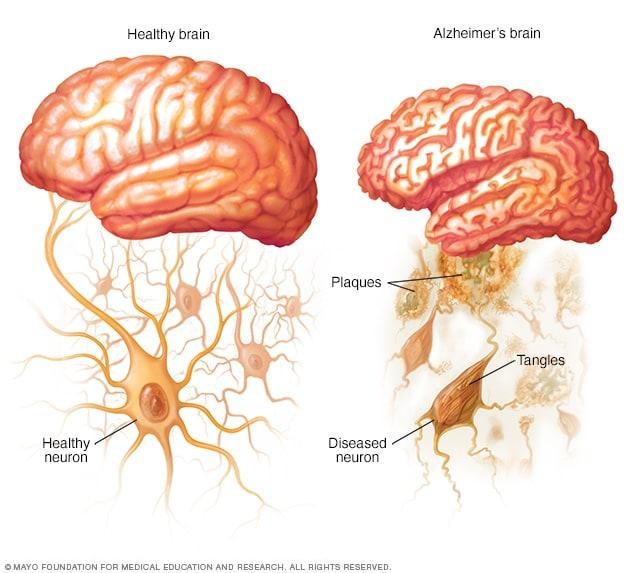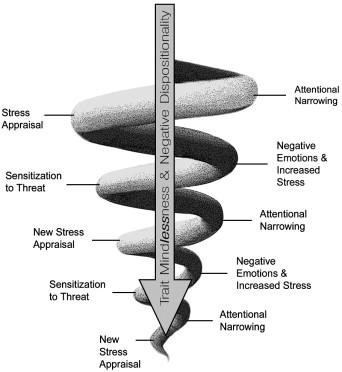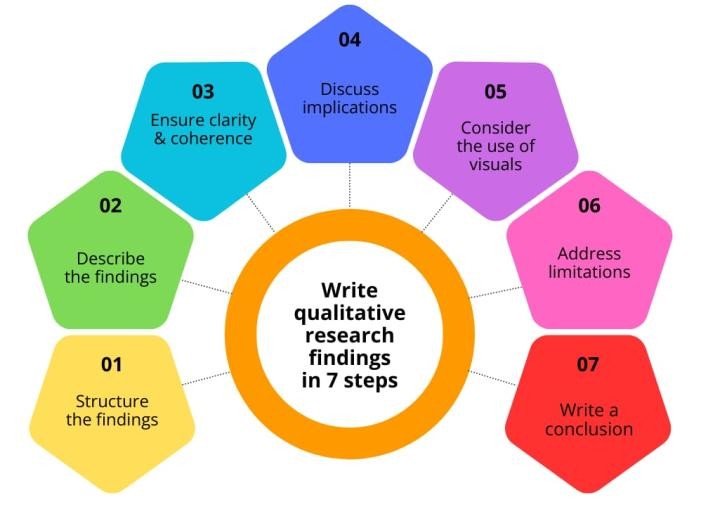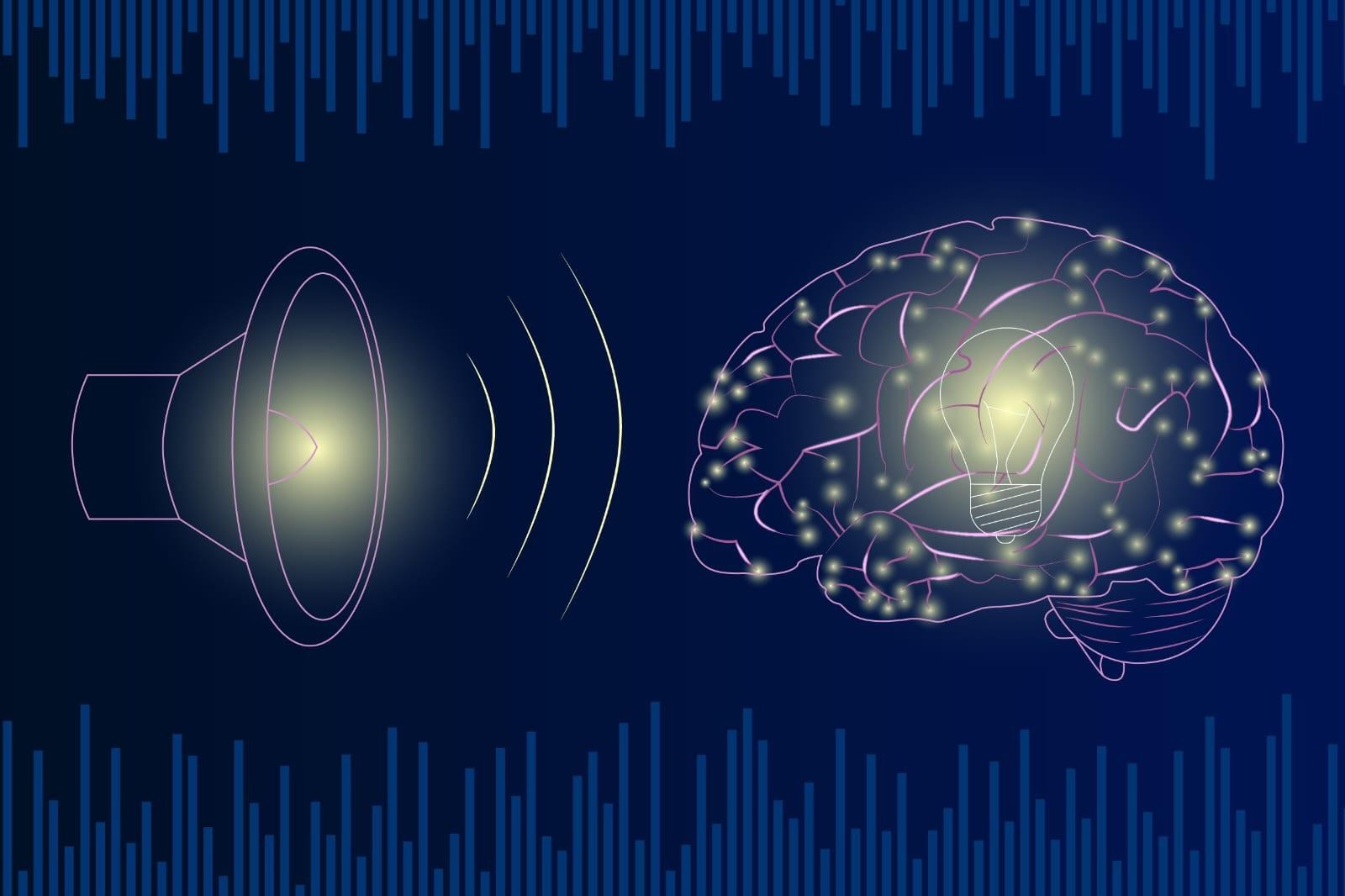When we think about Alzheimer’s disease, our minds often jump to aging, genetics, or lifestyle habits like poor diet or lack of exercise. However, recent research suggests that one of the most overlooked and surprising risk factors might be something far less obvious: hearing loss.
The Connection Between Hearing Loss and Alzheimer’s
Scientists and healthcare professionals are increasingly pointing to hearing impairment as a major contributor to cognitive decline and even Alzheimer’s disease itself. According to a landmark report from The Lancet Commission on Dementia Prevention, Intervention and Care, hearing loss in midlife could be the largest potentially modifiable risk factor for developing dementia later in life.

Why Isn’t Anyone Talking About It?
Despite the growing evidence, many people are still unaware of the link between hearing loss and Alzheimer’s. Raising awareness about this connection could encourage people to take proactive steps to protect their hearing and cognitive health.
The Hidden Toll of Hearing Loss
A Common Reality
Hearing loss is incredibly common, affecting one in three people between the ages of 65 and 74, and nearly half of those over 75.
Delayed or Avoided Treatment
Many people delay or avoid treatment, often for years, because hearing loss occurs gradually and doesn’t seem urgent.
The Cost of Adjustment
. However, this comes at a cost. When the ears don’t work properly, the brain has to work harder to fill in the gaps, leading to cognitive overload and potentially increasing the risk of cognitive decline.
Social Isolation and Depression Spiral
Hearing loss can lead to social isolation and depression, which are linked to an increased risk of Alzheimer’s disease.
The Domino Effect
The connection between hearing loss and cognitive decline is clear: hearing loss can lead to social withdrawal, loneliness, and depression, ultimately increasing the risk of dementia.

Research Findings
Studies have shown that older adults with hearing loss are more likely to develop dementia. A long-term study from Johns Hopkins found that people with mild hearing loss had twice the risk of dementia, while those with severe loss had five times the risk.

Why the Brain Needs Sound

Processing Life’s Textures
Our brains are wired to process sound, including the rich textures of life: birdsong, laughter, music, footsteps, and conversation.
The Role of Auditory Cues
These auditory cues help orient us, alert us to danger, and keep different parts of the brain actively engaged.
The Impact of Reduced Input
When auditory inputs fade, the brain reorganizes itself, reallocating resources and potentially reducing its ability to manage other tasks like memory and problem-solving.
Accelerating Cognitive Aging
This reorganization can accelerate cognitive aging, as the brain “trims” what it thinks isn’t needed.
The Good News: It’s Fixable
Treatable and Modifiable
Unlike some other Alzheimer’s risk factors, hearing loss is both treatable and modifiable.
Advances in Hearing Technology
Modern hearing aids and cochlear implants have made significant progress, becoming smaller, smarter, and better at filtering background noise.
The Impact of Treatment
Research shows that treating hearing loss can help slow down or even prevent cognitive decline. A recent clinical trial found that older adults who received hearing aids and counselling had a 48% lower risk of cognitive decline.
Increased Accessibility
Over-the-counter hearing aids and growing insurance coverage are improving accessibility, making it more feasible for people to seek treatment and potentially reduce their risk of cognitive decline.
Taking Action to Protect Your Cognitive Health
Step 1: Get Tested
If you or a loved one is experiencing symptoms of hearing loss, don’t brush it off. Get a hearing test. Audiologists recommend a baseline test at age 50 or earlier if symptoms appear.
Step 2: Break the Stigma
Talk about hearing loss and normalize it as a brain health issue. This can help change our thinking about treatment and reduce stigma.
Step 3: Adopt a Proactive Approach
Combine hearing care with other proven strategies for cognitive health, such as:
- Staying physically active through regular exercise
- Managing stress through meditation or yoga
Why These Steps Matter
By taking these steps, you can help protect your cognitive health and reduce the risk of Alzheimer’s disease. Research shows that treating hearing loss can slow down or even prevent cognitive decline.
Making It Happen
- Schedule a hearing test if you’re experiencing symptoms
- Incorporate physical activity, healthy eating, stress management, and social engagement into your daily routine
Conclusion
Taking care of your hearing health is an important part of maintaining your overall cognitive well-being. By getting tested, breaking the stigma, and adopting a proactive approach, you can help protect your brain health and reduce the risk of cognitive decline.
A Final Thought: Alzheimer’s disease is a complex, multifaceted condition with no single cause or cure. However, as we understand the brain better, we realize how interconnected our systems are. Hearing might seem like a small piece of the puzzle, but it could be one of the most powerful levers for protecting our cognitive future. If your world is getting a little quieter, don’t wait – listen up. Taking care of your hearing isn’t just about staying connected; it might be about staying sharp.
